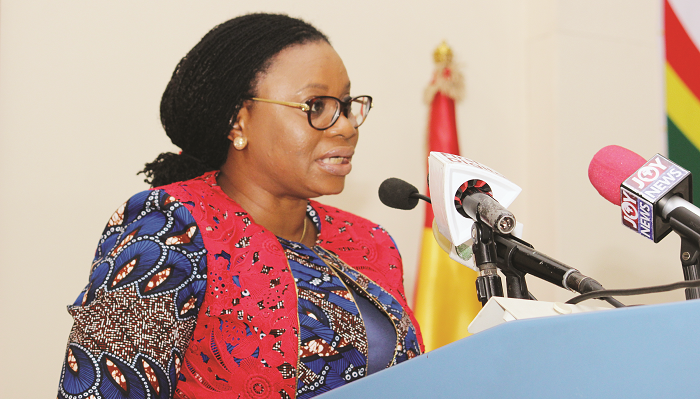
EC must deepen public trust
For some time now the concerns of many Ghanaians have been how to nurture the country’s democracy, and for that matter the enhancement of the capacity of our various political parties.
Advertisement
In other words deepening the country’s democracy is not and cannot be the responsibility for any one institution but will depend largely on the active and conscious participation of all citizens, including stakeholders.
Lately, the Electoral Commission (EC) finds itself in the arena of the law courts, defending its actions or omissions in line with the prosecution of its mandate in relation to the conduct of elections and referenda.
Just yesterday, Dr Papa Kwesi Nduom of the Progressive People’s Party (PPP) sailed through following a ruling by the Accra High Court that the EC’s refusal to give him an opportunity to correct anomalies on his nomination forms was a breach of natural justice.
In so doing, the court ordered the EC to give Dr Nduom that opportunity and get him back on the ballot sheet. There are similar lawsuits confronting the commission. A number of political parties have dragged the EC to court over the disqualification of their presidential aspirants, asking the court to overturn the decision.
It will take some time for the court to dispense justice, which no doubt can put the electoral calendar in jeopardy.
Already, a Deputy Chairperson of the Commission, Mrs Georgina Opoku-Amankwa, in a media interaction in Kumasi has admitted that the numerous court cases hanging around the neck of the EC are affecting the calendar of activities planned for the December 7, 2016 elections.
And considering the ruling in favour of Dr Nduom, it is our considered opinion that if the EC had acted proactively, it could have avoided some of the cases before the law courts.
Nevertheless, it is not too late in the day for the EC to be more proactive and engage all key stakeholders in dialogue in order to avoid these adversarial legal suits.
While some are of the opinion that the EC is prosecuting its mandate without a human face, others also think that the EC is too soft on the enforcement of the Political Parties Law.
Notwithstanding these schools of thought, the observation by the Asantehene, Otumfuo Osei Tutu II, that the laxity in the implementation of the Political Parties Law has not only emboldened but encouraged the proliferation of political parties which ordinarily do not meet the legal requirements, cannot be taken for granted.
All these observations give the impression that there is something fundamentally wrong with the electoral process.
Given the feeling of distrust and mistrust that some Ghanaians have for the election management body and for that matter the entire electoral process, it is imperative for the EC to deepen public trust and confidence in its work.
Since the election is a process and not an event, the EC has a duty to ensure that it works to win the confidence and trust of all its stakeholders, and like a good referee in a football match, exercise a great deal of fairness and impartiality.
For this reason the EC needs to be more engaging with all its stakeholders and tread along with them, each step of the electoral process very cautiously, bearing in mind that these are landmines along the process.
While on the face value, the EC may be erring heavily on the side of the law in implementing its mandate, the Daily Graphic has always been of the opinion that for the EC to succeed, it needs to dialogue more than it is currently doing.
The EC cannot be right all the time and must not be seen to be behaving as such. The best way out is for the EC to be more transparent and help the political parties to comply with the political parties Law. By so doing multi-party democracy will thrive and democratic practice sustained.




